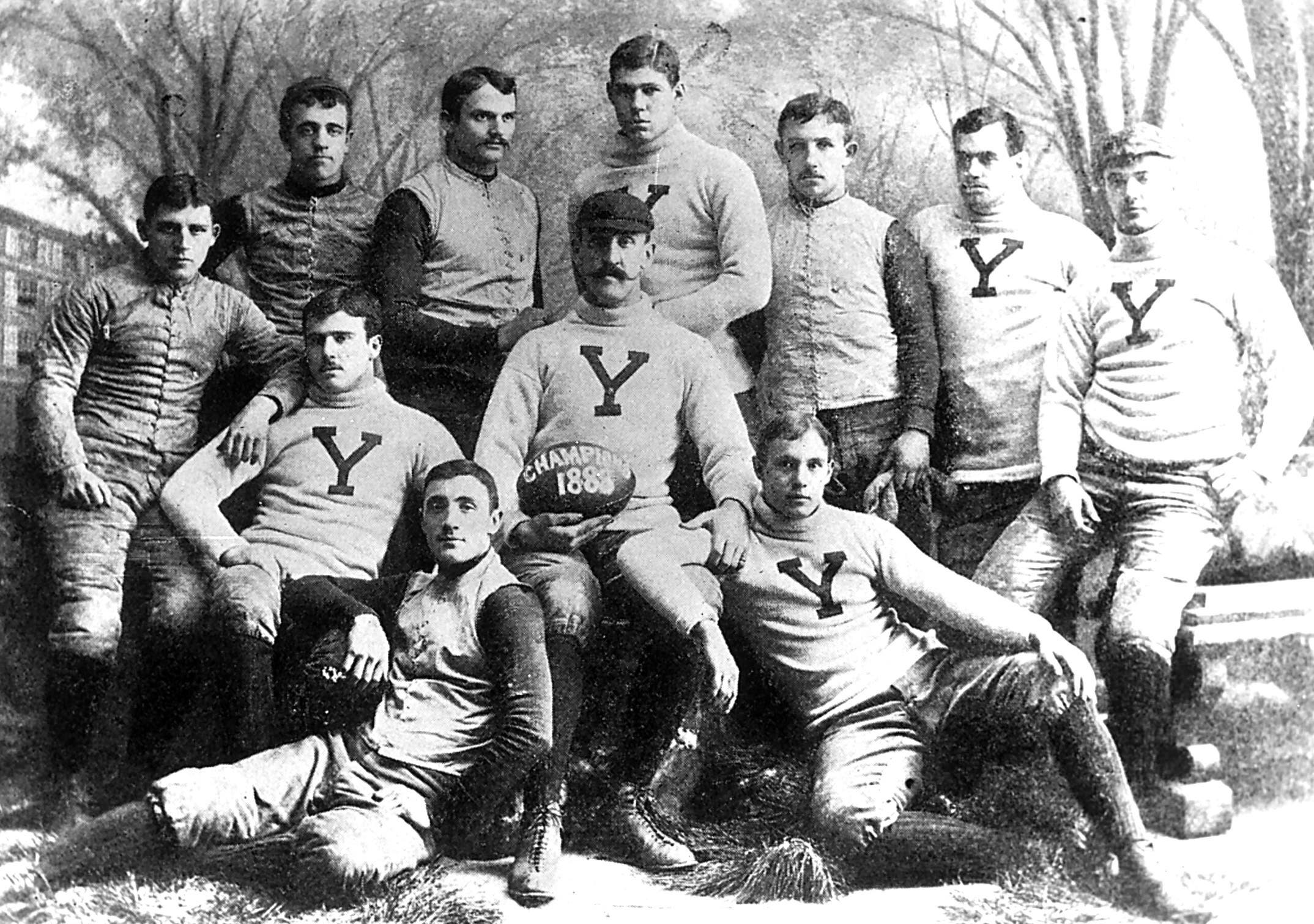Social media platforms are full of postings about gifts received but not desired. And with graduation and wedding season just about upon us — plus Mother’s Day and Father’s Day close behind — the volume of both giftgiving and the challenges posed by certain gifts may increase.
So what should people do when they receive a gift they don’t want or need?
And, by the same token, what should people do when they’re not sure if their chosen gift will be received well by family or friends?
THE SMARTEST SUMMER ETIQUETTE ADVICE THAT NO ONE EVER GIVES YOU
Fox News Digital asked experts for insights and thoughts about this thorny etiquette issue.
1. Remember the purpose of gifting
“A gift, by definition, is something that is ‘for’ the recipient. When I give something truly ‘for’ someone else, it is without expectation or benefits to me, the giver,” Tennessee-based Kimberly Best told Fox News Digital.
“Gifts are meant to be a show of appreciation and love.” (iStock)
Best is owner, founder and CEO of Best Conflict Solutions, LLC.
Contingencies attached to a gift mean it’s not a gift at all, said Best.
Rather, “it’s a tool.”
PHONE CALL ETIQUETTE FOR TODAY: BEST TO ‘OPT FOR A TEXT MESSAGE,’ EXPERT ADVISES
She added, “I suggest that we consider why we are gifting. Is it for us, the giver – or for them, the recipient?“
2. Be appreciative, above all
“Show appreciation for the gift, even if it’s not what you wanted,” Nicole Moore, a California-based relationship expert and certified life coach, told Fox News Digital.
Remember, she said, “that gifts are not a given or something to be expected. They must always be treated as a nice surprise to be appreciated.”
One etiquette expert said a gift should always be received with gratitude, even if it is not exactly what a person may have wanted. (iStock)
When this is forgotten, a person is behaving in an entitled manner, she said.
“Gifts are meant to be a show of appreciation and love,” she said.
Laura Windsor, the U.K.-based founder of the Laura Windsor Etiquette Academy, shared a similar sentiment.
“Disappointment and distaste should be avoided at all costs,” she said.
Giving a gift is “a time-honored way of showing someone’s affection, gratitude or esteem,” said Windsor.
For anyone who is hesitant about a gift, including a gift receipt is a good move, said Windsor.
“If the gift comes with a gift receipt, it is code for, ‘You can exchange it with something else, if you so wish,’” she said.
3. Communicate properly if there’s an issue
The key to declining a gift that may be unwanted is to be thankful for it, said Moore.
CLICK HERE TO SIGN UP FOR OUR LIFESTYLE NEWSLETTER
She suggested thanking the gift-giver “for taking the time to find a gift and then let them know that while you appreciate the gesture, you’d really love to get the most use out of their gift, and you think that could be accomplished in a different way.”
If a person truly has no use for a gift, he or she should be honest but appreciative, said an etiquette expert. (iStock)
Most gift-givers are likely to be “more than willing” to accommodate this, she said.
Best of Tennessee concurred with that, noting that if an item or service is truly meant as a gift for someone, “wouldn’t we want [that person] to decide what to do with it?”
She added, “Wouldn’t we want them to have something they enjoy? Wouldn’t we want to get it right, even if it means trying again?”
Once gifts are given, it is up to recipients to decide what they want to do with them.
It is important to remember that a gift is meant for the person receiving it – and that anything else attached to that gift means that the gift is actually “a tool,” said one etiquette expert. (iStock)
There might even be a silver lining, she said.
“Don’t we want the kind of relationships where people can be honest with us, even when it may be difficult to hear?” said Best.
For more Lifestyle articles, visit www.foxnews.com/lifestyle
Christine Rousselle is a lifestyle reporter with Fox News Digital.




